This article explores expert insights how ecological dynamics can enhance beach soccer player development and performance in the unique and dynamic environment. Inspired by Professor Keith Davids’ work on ecological dynamics and practice in football, as presented in a recent FIFA Training Centre series “Science Explained” hosted by FIFA’s Dr. Paul Bradley.
Ecological dynamics, building on the work of psychologist James Gibson, emphasises adapting actions using information from our surroundings. This approach recognises that skilled behaviour arises from the interaction of individual, task, and environmental constraints, which coaches can manipulate to create training tasks that mimic match play and achieve specific learning outcomes.
Beach soccer, with its fast-paced and unpredictable nature, requires players to adapt quickly to changing game conditions. As Professor Keith Davids notes;
“Ecological Dynamics defines practice in football as improving the functionality of each individual within their environment, enhancing their ability to achieve their intentions in an uncertain performance environment.” – Professor Keith
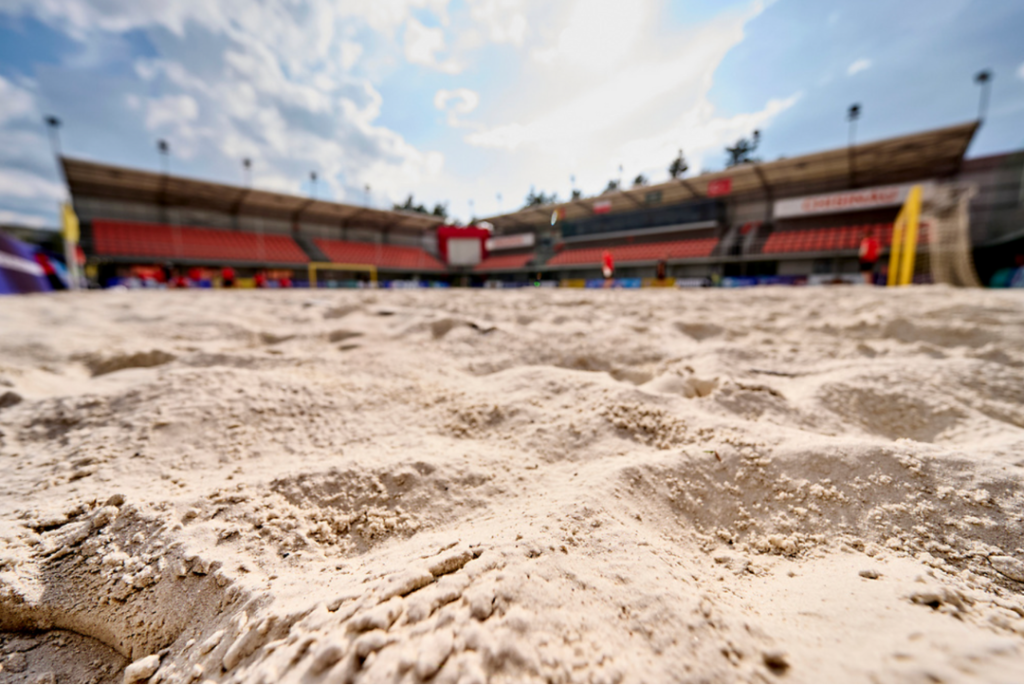
Key Principles of Ecological Dynamics
- Skill Adaptation: Players learn to adapt skills to solve movement challenges, developing flexibility and creativity.
- Constraint Manipulation: Coaches manipulate training constraints to foster adaptability, encouraging players to think critically and make decisions quickly.
- Relational Approach: Emphasise player-environment interactions to develop problem-solving abilities, considering the complex relationships between players, the ball, and the game space.
Applying Ecological Dynamics to Beach Soccer:
To apply ecological dynamics to beach soccer training, coaches can focus on the following key areas:
1. Design training exercises that mimic match play: Incorporate uneven terrain, changing weather conditions, and games to simulate the dynamic beach soccer scenarios.
2. Embracing Adaptability: Design training exercises that manipulate constraints, helping players develop skills and adaptability needed to excel in beach soccer’s unique environment.
- Transferable Skills: Develop transferable skills in dynamic and unpredictable contexts to improve decision-making.
- Fluid and Relational Approach: Foster a deeper connection between players, the ball, and the game space by emphasising player-environment interactions.
- Training for the Unknown: Prepare players for the unexpected by incorporating ecological dynamics into training, helping them develop the skills and adaptability needed to succeed.
3. Emphasise player-environment interactions: Focus on how players interact with the ball, terrain, and opponents to develop problem-solving abilities.
By incorporating ecological dynamics into training drills, beach soccer coaches can help players develop the ability to think on their feet and beat their opposition. As Professor Keith Davids emphasises;
“As a coach or practitioner, you should have your own model that guides your understanding of performance, learning, and development (PLD).” – Professor Keith
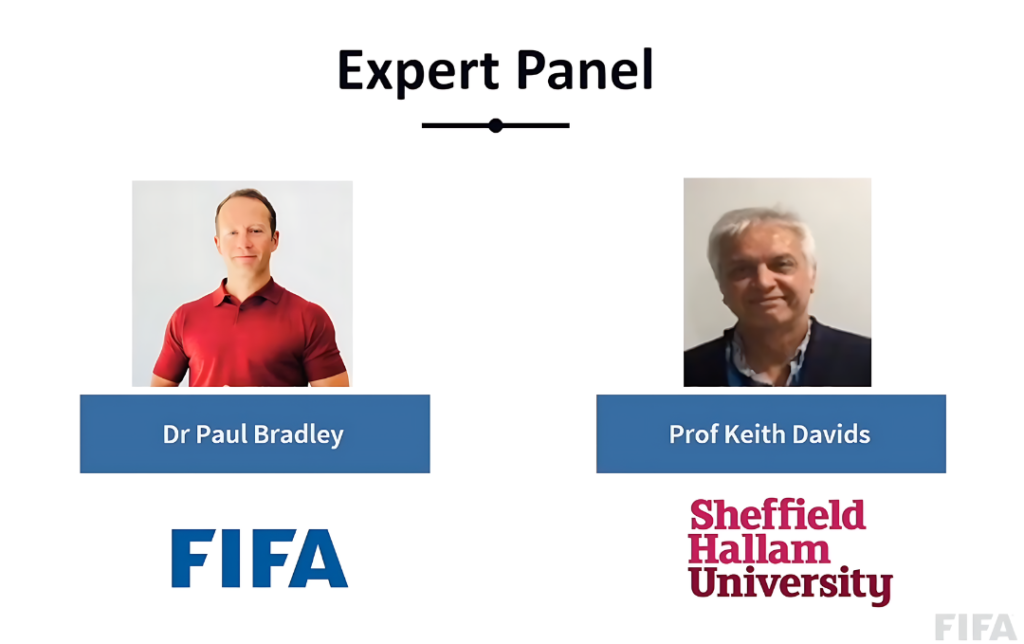
Professor’s Aim
Professor Keith Davids, a sports scientist at Sheffield Hallam University in the UK, aims to introduce the concepts of ecological dynamics and how they can be applied in a football-specific context to make training more representative of match play. His recommendations encourage coaches to consider applying key principles of ecological dynamics when designing their training sessions.
Watch the original presentation on FIFA Training Centre
Picture Credits: BSWW, FIFA
Follow BSmag on social media for more insights and inspiring stories.

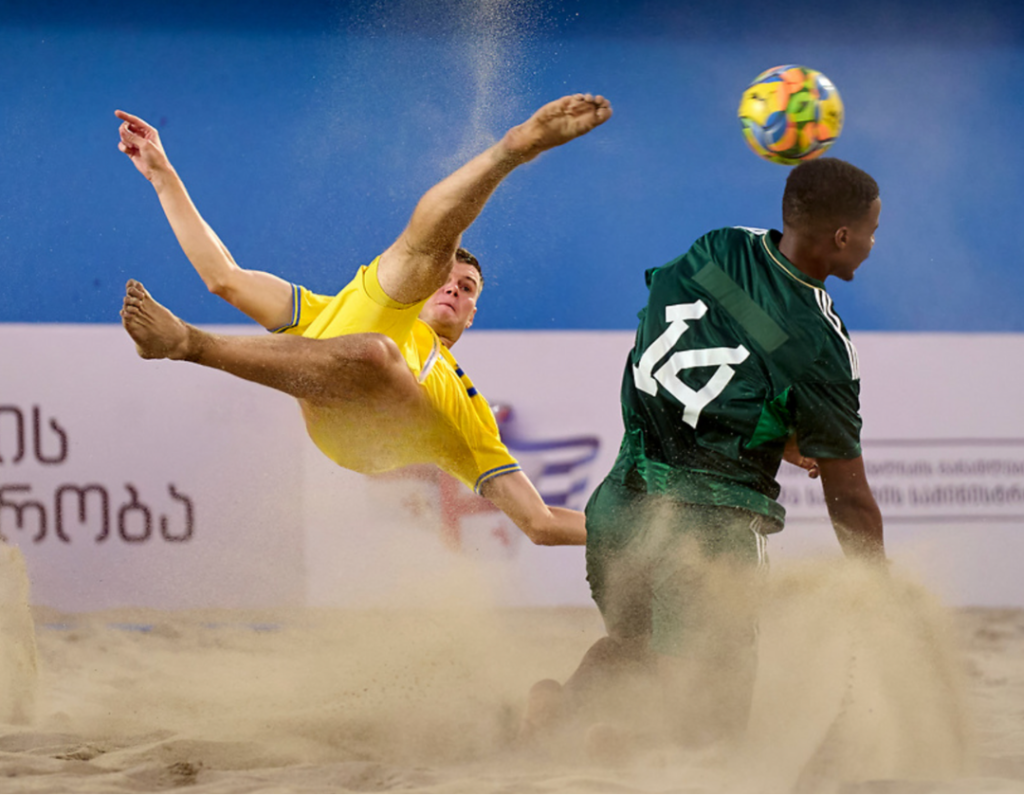

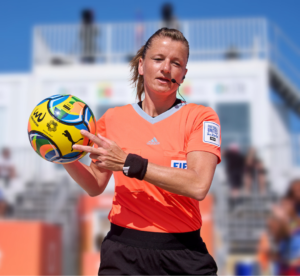

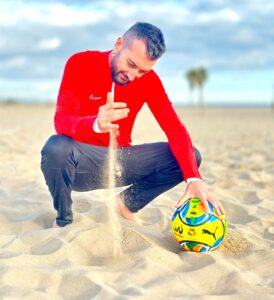


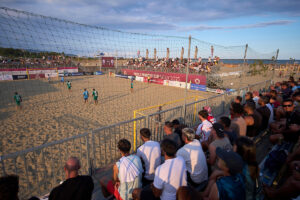
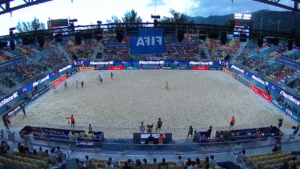





One Response
How to enter